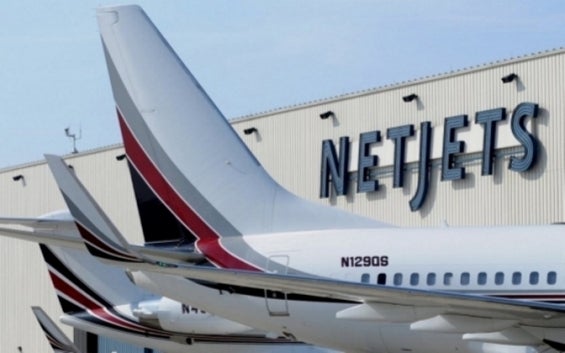Press Releases
Teamster Flight Dispatchers Slam NetJets Over Wages, Recruitment, Retention

Teamsters Demand Private Air Carrier Deliver Contract Improvements
Press Contact: Kara Deniz Phone: (202) 497-6610 Email: kdeniz@teamster.org
(COLUMBUS, Ohio) — Teamster flight dispatchers with Local 284 in Columbus, Ohio, are calling out the Berkshire Hathaway-owned NetJets, an air carrier that operates private jets for the ultra-wealthy, for refusing to offer better wages even as the company faces recruitment and retention problems.
“We believe that a Warren Buffett-owned company that flies millionaires and billionaires around on private jets can afford to pay an industry-standard wage to its highly skilled safety professionals,” said Brenden Robinson, a dispatcher and union steward who serves on the bargaining committee.
Teamster flight dispatchers are seeking improved pay and working conditions and an end to forced overtime. They are calling on NetJets to stop delaying contract negotiations by making unreasonable proposals and taking weeks and even months to respond to the union. Among ultra-low-cost, low-cost, cargo and legacy air carriers, NetJets pays shockingly low wages for the industry, even to workers who serve for decades.
Teamster flight dispatchers play a critical role in passenger safety and flight operations, assessing a multitude of factors, including aircraft performance, weather, airspace restrictions, and airport conditions before clearing a flight for takeoff.
According to the company, NetJets is “the largest, most diverse private fleet in the world.” However, just 48 individuals perform the full-time, FAA-licensed dispatcher duties at the operations center in Columbus, and the company has failed to increase the number of dispatchers even as they continue to expand their fleet.
“When it comes to recruitment and retention, NetJets can’t afford to be less than average, especially as the fleet grows and flight crews and passengers expect the same support from FAA-licensed dispatchers that they would receive if they were flying commercially,” Robinson said. “A company that calls itself an industry leader needs to be a leader when it comes to pay and working conditions.”